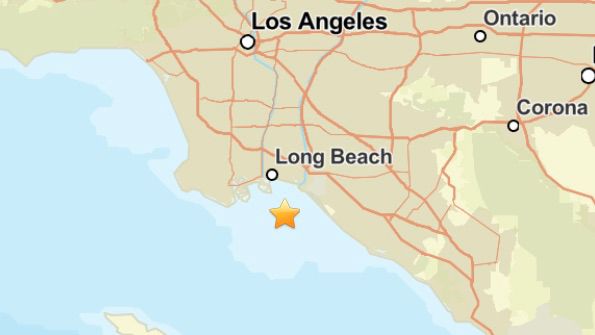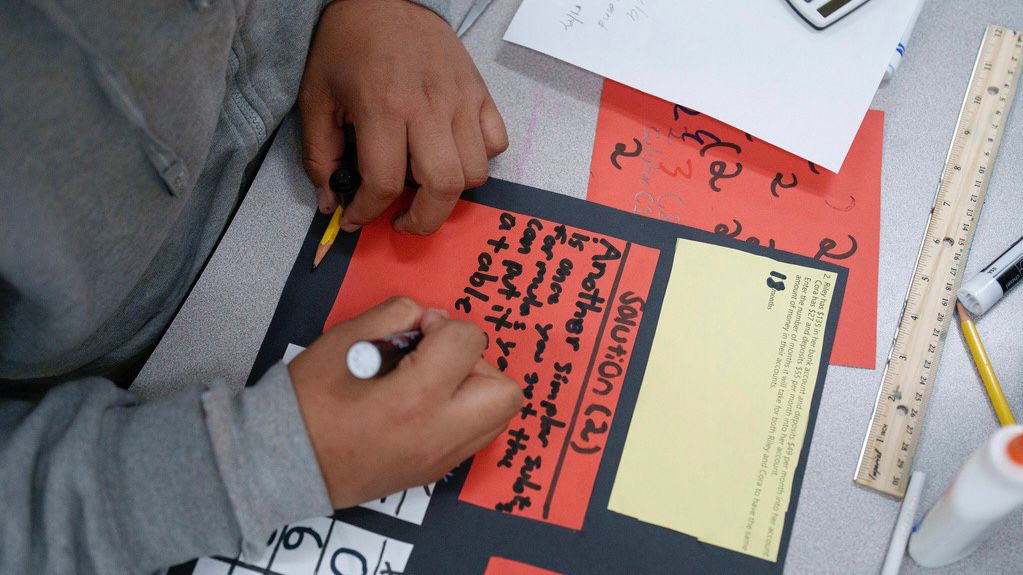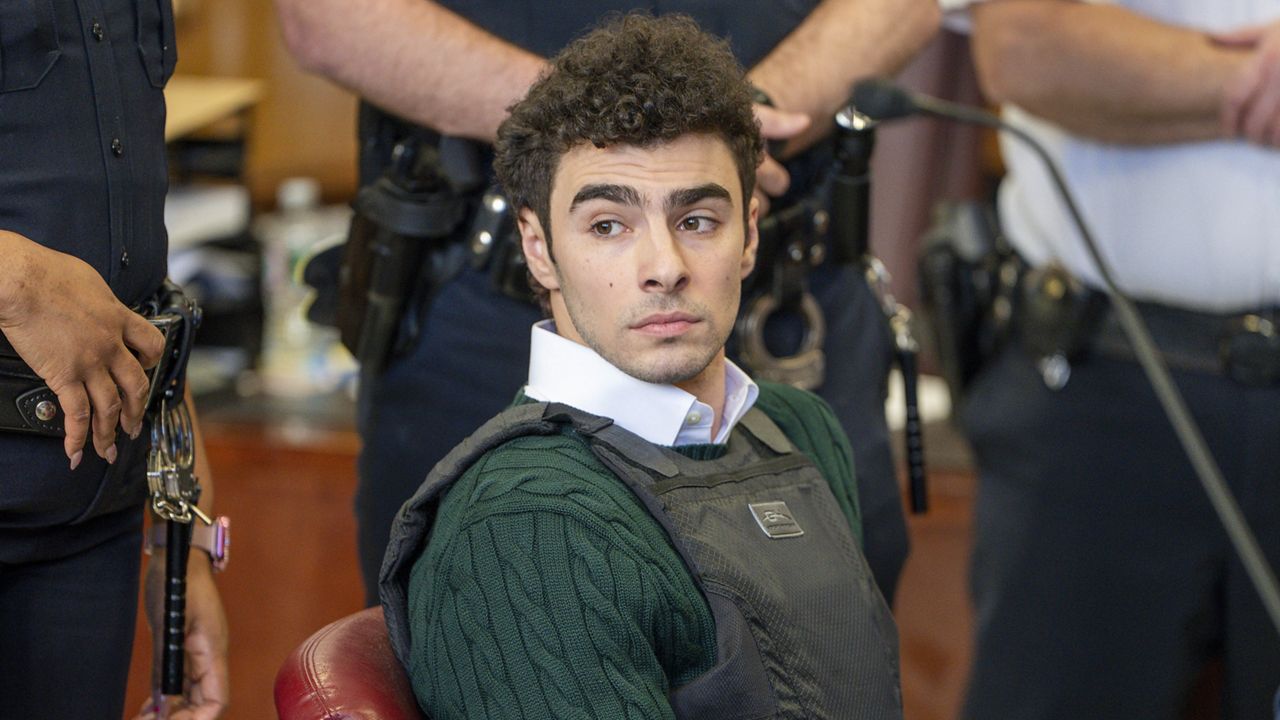SACRAMENTO, Calif. — California voters have less than a week left to weigh in on ten propositions that are on the ballot this year.
Proposition 36 is one of the most high-profile measures on the ballot. If passed, the initiative will create tougher penalties for some drug and theft crimes.
What You Need To Know
- If passed, Proposition 36 will create tougher penalties for some drug and theft crimes
- Supporters say it’s a common-sense initiative that will lead to mass treatment
- Opponents argue it will result in mass incarceration
- A recent PPIC poll shows 73% of likely voters supporting Prop. 36
Supporters say it’s a common-sense initiative that will lead to mass treatment, but opponents argue it will cause mass incarceration.
According to the latest Berkeley IGS poll, 60% of those polled said they will vote yes on Proposition 36 and 25% said they are voting no. Another recent poll by the Public Policy Institute of California shows 73% of likely voters supporting Prop. 36.
“We believe Prop. 36 is a very common sense [approach]. It’s balanced, it tries to strike the right balance between intervention and treatment while also holding people accountable when they commit crimes again and again,” said Yolo County District Attorney Jeff Reisig, one of the lead proponents of the Yes on Prop. 36 campaign.
If passed, Proposition 36 would roll back parts of Proposition 47, which voters passed in 2014. Prop 47 made many nonviolent crimes misdemeanors instead of felonies. The goal was to reduce the state’s prison population and use the savings from having fewer people behind bars to fund treatment programs.
“Proposition 36 is not a repeal of Prop. 47 because Prop. 47 did do a couple of good things, but it went too far so what we’re doing with Prop. 36 is we’re bringing the pendulum back to the middle and we’re fixing the issues with Prop. 47 that have fueled the retail theft crisis and the homelessness and addiction crisis,” Reisig said.
Reisig explains Prop. 36 would create a new kind of felony known as a treatment-mandated felony, and it would apply to those with two prior convictions.
“They’re going to be offered the opportunity to participate in a robust treatment program, supervised by a judge, and if they’re successful, the charges will be dismissed. If they refuse, they’ll go to jail for up to three years,” noted Reisig.
Opponents, however, argue Prop. 36 is a return to the tough-on-crime policies of the 80s and 90s that led to overcrowded prisons.
“There’s an argument being made that we can force people into treatment by threatening them with a felony and state prison. We tried that extensively in the 1990s. It did not reduce drug use, it did not reduce the potency of drugs, it did not reduce the availability of drugs. What it did was increase our prison population, and it didn’t solve the addiction issues that we struggled with then,” said Cristine Soto DeBerry, Executive Director for the Prosecutors Alliance.
According to the nonpartisan Legislative Analyst Office, Prop. 36 will likely increase the prison population by a few thousand people. The LAO also says the measure would increase the state’s criminal justice costs, ranging from several tens of millions of dollars to the low hundreds of millions of dollars each year.
Soto DeBerry is also concerned about the loss of funding in treatment programs if Prop. 36 passes.
“What changes people’s addiction to drugs is sustained, constantly available, effective treatment, and that does not exist. We need more of it, not less of it,” she said.
Prop. 36 does not come with any new funding, but Reisig says the state has money from Proposition 1, which is the mental health bond that voters passed earlier this year.
Gov. Gavin Newsom, who championed Prop. 1, has repeatedly said that Prop.1 was not designed to fund Prop. 36.
While the governor isn’t actively campaigning against Prop. 36, he is one of the main opponents.
“It’s about mass incarceration, not mass treatment. What an insult it is to say it’s about mass treatment when there’s not a dollar attached to it,” Newsom said at a recent press conference.
Victor Wilson, 29, credits one of the rehabilitation programs that’s funded by Prop. 47 savings for helping him get back on his feet after hitting rock bottom.
“Facilities and funding for those programs are key in order to literally save lives,” said Wilson.
The UC Irvine graduate says he battled with substance abuse issues and was homeless for a while after experiencing financial devastation. Wilson shares he was able to get the help he needed after reaching out to Contra Costa County.
The county placed him in a residential treatment facility and now he’s staying at a sober living home. Contra Costa has received nearly $18 million in the last decade to fund programs like the ones that helped Wilson.
Those grants came from Prop. 47 savings.
According to the Center on Juvenile and Criminal Justice, Prop. 47 has saved the state about $816 million in the last decade.
“When you look at the results of those programs that are being funded, they’re just really unimpressive. It’s a very small population that’s actually getting help,” Reisig said.













